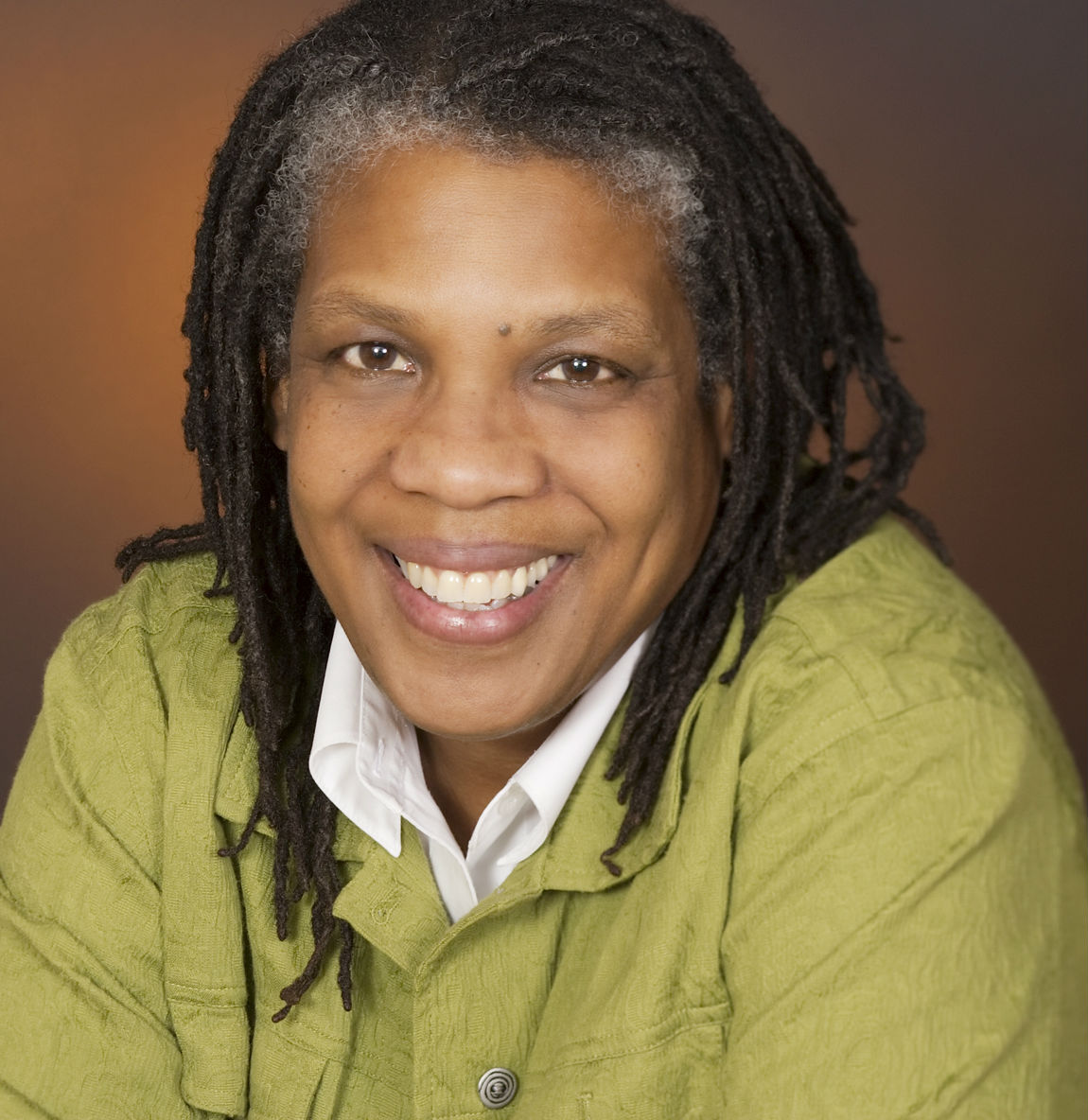Last fall, as the debate over charter school Initiative 1240 was heating up, the Seattle School Board voted to oppose the measure. So when it passed, the district did not go for the status that would allow it to approve charter school applications. And it has no intention of seeking “authorizer” status for next year, says district spokesperson Patti Spencer. Districts that are interested need to alert the state by Oct. 1.
But that doesn’t mean that there will be no charter schools in Seattle. The newly formed Charter School Commission can approve applications for schools here and throughout the state, and it launched the process this week.
“It’s going to be really interesting to see what kind of applications we’ll get,” says Trish Dziko, a commission member and executive director of the non-profit Technology Access Foundation.
A big question for her is how many applications will come from local non-profits, and how many from out of state. There are a number of well-known national networks of charter schools, like KIPP and Green Dot. But Dziko says such networks usually like to come into a state and set up a bunch of schools. Washington’s law, which limits the number of charters to eight a year for five years, makes that impossible here.
Perhaps an even bigger question: Will any applicants propose “conversion” schools? In a little-discussed aspect of I-1240, the measure allows regular district schools to convert to charter schools if they submit a petition signed by a majority of parents or teachers.
“I think this will be one of the most contentious parts of the charter law,” Dziko allows. “It’s one of those things that sounded like a great idea in theory but nobody knows what’s going to happen.”
She envisions a vote that takes place at a school to determine whether it wants to become a charter. If the charter school advocates lose, “what does that do to your school community?” she asks. And if they win, what does that do?
“If the vote is like 90 percent, you’re good to go,” she continues. “But if it’s really close….”
More confusing yet is the relationship between a conversion school and the district. Is there one? “That’s a really good question,” Dziko says, one for which neither she nor Spencer have a ready answer.
The text of the initiative clarifies the matter to some extent. It says that the conversion school gets to keep its district building, rent-free. The district maintains responsibility for major repairs. Dziko suspects there are other issues yet to be hashed out.
Melissa Westbrook, a schools activist and blogger who warned about the conversion provisions as the intiative’s “poison pill,” says the Seattle district would be especially displeased to lose a building to a charter school given its desperate space crunch.
Of course, we just don’t know whether the parents or teachers of any existing schools are going to make a bid to go charter. We’ll get the answer to that, for this year at least, on Oct. 22, when “letters of intent” from charter applicants are due to the commission.








